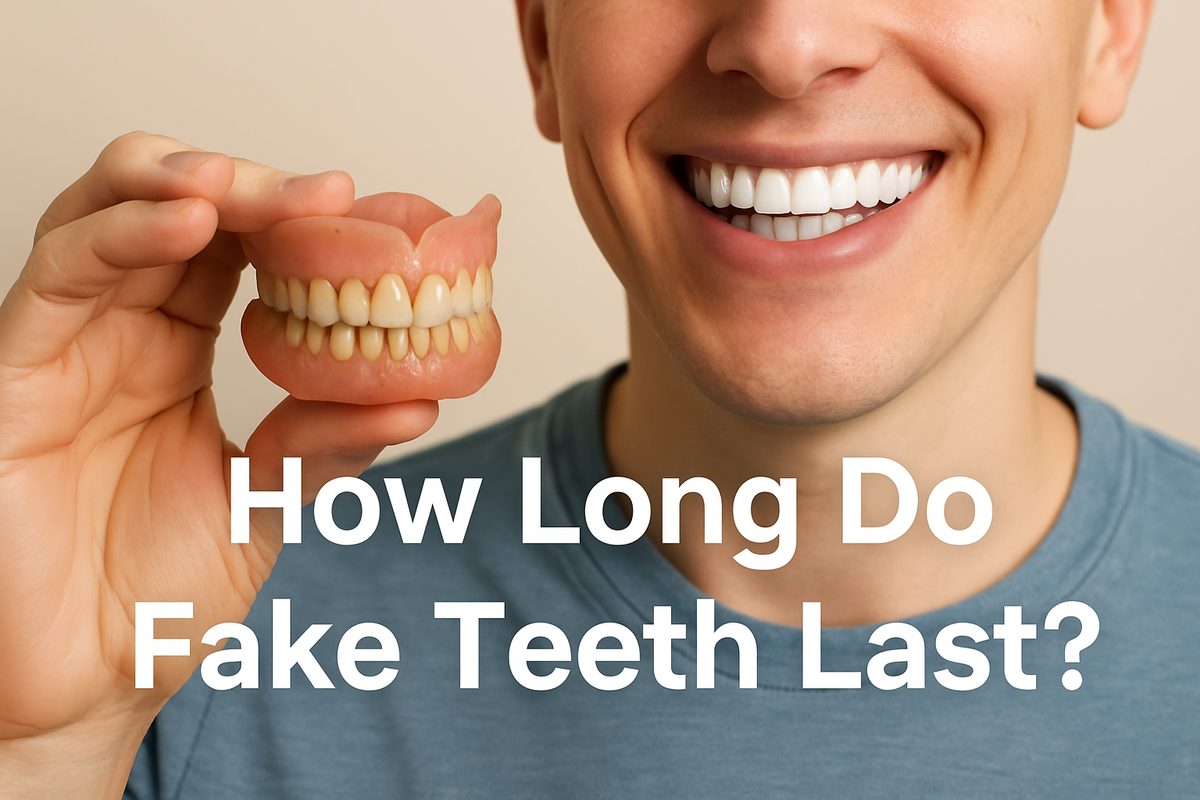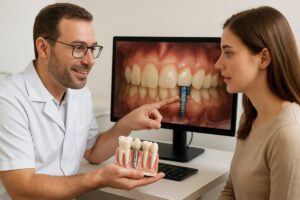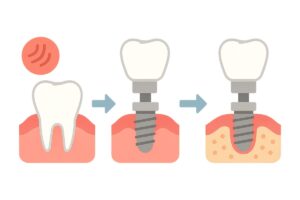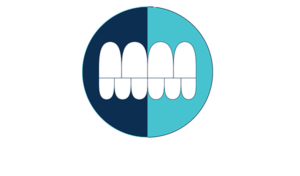If you’re wondering how long do fake teeth last, the short answer is: it depends on the type. Some removable dentures last 5–8 years, crowns and bridges commonly last 5–15 years, and dental implants can last decades or even a lifetime with proper care. This guide explains the main types of fake teeth, typical lifespan ranges, key care tips, warning signs that mean you should see a dentist, and clear next steps to get an evaluation. If you’re asking how long do fake teeth last in Midwest City, read on for local options and practical advice.
What people mean by “fake teeth”
“Fake teeth” is a broad term that includes several options:
- Removable dentures — full (replaces an entire arch) or partial (replaces several teeth).
- Crowns — caps that restore a damaged or treated tooth.
- Bridges — fixed restorations that replace one or more teeth by anchoring to adjacent teeth.
- Implant-supported crowns — crowns attached to titanium implants in the jawbone.
- All‑on‑4 / full‑arch prostheses — a full arch of teeth supported by 4+ implants.
The big difference is whether the appliance is removable or fixed. Removable dentures sit on gums; fixed options (crowns, bridges, implant prostheses) attach to teeth or implants and usually function more like natural teeth.
Types of fake teeth and typical lifespans
Removable dentures
Typical lifespan: generally 5–8 years. Materials, fit, and everyday wear affect life span. Dentures that are poorly fitted or made from lower-quality acrylic will wear sooner. Over time bone and gum shape change, so relines or replacements become necessary.
Crowns and fixed bridges
Typical lifespan: 5–15 years or longer with good care. Porcelain fused to metal, all-ceramic (porcelain), and zirconia offer different strength and aesthetics. Zirconia and high-quality lab work often last longer and resist chipping better than older materials.
Dental implants and implant crowns
Implant posts (the titanium root replacement) can last decades or a lifetime if the bone and gums remain healthy. The visible implant crown usually lasts about 10–15 years before it may need replacement from wear or cosmetic changes. With excellent care, many implant crowns last longer.
All‑on‑4 / full‑arch prostheses
Prosthetic arch lifespan: often 10–20 years for the removable/fixed prosthetic teeth. The underlying implants can last much longer with regular maintenance. Prosthetic materials and design affect replacement timing; acrylic teeth on a metal bar wear faster than milled zirconia arches.
Key factors that determine how long fake teeth last
Material and lab/work quality
Higher-quality materials and precise lab work usually translate to longer-lasting restorations. Custom digital design and milling (CEREC, CAD/CAM) improve fit and strength versus low-cost, less precise lab work.
Oral hygiene and gum/bone health
Gum disease and bone loss shorten the life of bridges and implants. Daily cleaning, flossing, and professional checkups protect gums and bone and extend the life of your restoration.
Patient habits
Grinding, clenching, smoking, hard foods, and sports injuries can accelerate wear or cause fractures. Nightguards for grinders and quitting tobacco help protect restorations.
Fit, bite, and changes in the mouth
Changes to jawbone, tooth movement, or wear alter bite and fit. Dentures need relines; fixed work may need adjustment. Timely repairs prevent more costly damage.
Practical maintenance to extend lifespan
- Daily cleaning: soft brush for dentures, gentle flossing/interdental cleaning for bridges and implants, and regular brushing for crowns.
- Use nonabrasive denture cleansers and recommended implant toothbrushes.
- Nightguards for clenchers/grinders.
- Routine dental exams and professional cleanings every 3–6 months as recommended.
- Prompt repairs and relines when fit changes or damage appears.
Warning signs you need repair or replacement
Call your dentist if you notice:
- Pain or soreness under a denture or around a crown/implant
- Looseness or movement of a fixed restoration
- Difficulty chewing or speaking that is new
- Sore spots, ulcers, or bad odors under dentures
- Visible cracks, chips, or heavy wear
Costs, insurance, and financing options
Repair costs are usually lower than full replacements. Typical ranges vary widely: denture repairs are relatively inexpensive, crowns and bridges mid-range, and implants/All‑on‑4 are higher up front. Many patients find higher upfront costs for implants save money long term by reducing repeated repairs and improving function.
Dentistry By Design works with most major insurance plans and offers flexible financing like CareCredit, Cherry, and Proceed Finance to make durable options more affordable. Check your plan for coverage details and talk with your dentist about payment plans for the best strategy.
Choosing a dentist for long‑lasting results
Look for a practice with implant experience, digital planning, and in-house lab or milling. For those asking how long do fake teeth last in Midwest City, Dentistry By Design in Midwest City (near Oklahoma City) uses digital planning, CEREC same‑day crowns, All‑on‑4 full‑arch restorations, and in‑house surgical suites. Their team offers sedation options and focused implant care to improve precision, comfort, and long-term outcomes.
Next steps: getting an evaluation
At a consultation you can expect an exam, X‑rays or digital scans, a review of treatment options and costs, and personalized recommendations. If you’re ready to find out how long do fake teeth last for your case in Midwest City, schedule an evaluation to get a clear plan, cost estimate, and timeline tailored to your needs.
Ready to learn more or book an appointment? Contact Dentistry By Design in Midwest City for a consult and get a realistic lifespan estimate and care plan for your teeth replacement.






